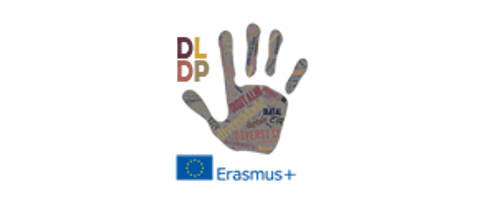The Digital Language Diversity Project (DLDP) is a partnership set up by Consiglio Nazionale delle Ricerche, ELEN, Elhuyar, SOMU at the University of Mainz, and the Karelian Language Society. It is funded under the EU Erasmus Plus programme.
The mission of DLDP is to advance the sustainability of Europe’s regional and minority languages in the digital world by empowering their speakers with the knowledge and abilities to create and share content on digital devices using their minority languages.
In the short term, the immediate objectives of DLD project are:
-
a survey detailing actual digital linguistic diversity in Europe, and in particular the digital fitness of four regional/minority languages spoken in Europe: Basque in Spain, Breton in France, Karelian in Finland, and Sardinian in Italy;
-
a Europe-wide applicable training programme targeted to regional and minority languages speakers to guide them towards effective production of digital content and language learning materials in their languages;
-
strong, clear and actionable recommendations about what needs and can be done for a language “to go digital”: which are the challenges and difficulties, which areas need to be addressed first, which tools are available; the recommendations – named “Digital Language Survival Kit” – will also contain a tool for self-assessing the digital fitness of languages other than those comprised in the case study;
-
a roadmap, aimed at stakeholders and policy makers, detailing the institutional and technological challenges as well as the proposed solutions for paving the way to a more widespread use of all European languages over digital devices.
The creation of intellectual and practical opportunities for creating digital content for regional and minority languages has many foreseeable benefits:
-
contribute to increasing Europe’s digital language diversity;
-
encourage the birth of a global partnership (or “alliance”) of digital activists, content producers, technical people, and policy makers for the design and development of an overall strategy that can help build a foundation for a new generation that will revitalize regional and minority languages;
-
provide the necessary conditions for software developers, SMEs and industries, to advance in the provision of state-of-the-art products and services allowing use of regional and minority languages on digital devices (e.g. subtitling, localized interfaces for social media platforms, spelling correctors, keyboards, video games etc.);
-
promote the use of RMLs in wider contexts and indirectly to their preservation and revitalization.
See more at: http://www.dldp.eu/

